Legislative changes to drive M&A activities in Vietnam
 |
| Legislative changes drive M&A activities in Vietnam |
Seck Yee Chung, partner of Baker McKenzie, said that some new and important investment-related laws will take effect in 2021, including the Investment Law, the Enterprise Law, the Securities Law, and the Private-Public Partnership Investment Law. There is also a relatively new merger filing regime that already took effect in the middle of 2020.
All these new laws will create a new investment regulatory framework. This will impact how investment and business will be conducted in the new normal and in the foreseeable future, which will hopefully be shaped by the gradual and studied easing of safety measures and travel restrictions, and more understanding as to how COVID-19 should be best treated.
According to Chung, these new laws signify the government’s efforts to continue to attract foreign investment and to create a more robust legal framework to regulate investment activities in general. In particular, it is noteworthy that the new Investment Law purports a “negative list” approach – meaning that foreign investors would be treated the same as domestic investors in terms of market access, unless the business line in question is restricted (for which a draft implementing decree has already been released for comments).
On a more practical note, the government is also urged to continue enhancing e-government platforms to facilitate faster licensing and approval timeframes, which at times are hampered when procedures and official communications are still conducted by way of physical mail and delivery. Specifically, further adoption of e-signatures, in particular by way of digital signature protocols, will help with this.
“With regards to Vietnam’s newly implemented merger filing regime, the new scope and triggers are broader than the previous regime and potentially capture more cases of economic concentration transactions so long as these transactions have an anti-competitive effect on the Vietnamese market,” Chung went on. “While it is understandable and laudable for Vietnam to want to more robustly understand and regulate the Vietnamese market and to ensure healthy competition, there is also an element of unpredictability and concern among investors while there remain uncertainties as to what transactions are captured and whether and how long approval processes might take. As the regulations and the implementation are new, we hope and expect to see more guidance from the competition authority over time.”
Speaking at the recent Vietnam M&A Forum 2020, Nguyen Thai Phien, senior director of Corporate Finance at Novaland Group said that Novaland relies on M&A deals to secure growth and development. "We have acquired sites from other investors to develop projects. Thus, we really welcome the new laws, which will help us reduce some risks related to legal documents and legal implementation of the project."
In the same vein, Vu Minh Tien, member of the Board of Directors at An Thinh Group pointed out that tthere are often overlaps in legislation. It needs a lot of time to address the conflict between the laws on land and investment. Thus, some deals were nearing completion but still failed due to legal issues.
“It is crucial to complete the legal framework to avoid any confusion. In addition, it is necessary to change governance structures to ensure a smooth transition between buyers and sellers,” he said, noting that upcoming legislative changes are positive news for his companies to drive M&A activities in the coming time.
A research by Vietnam M&A Forum Research Team and Corporate Investment and Mergers and Acquisitions Centre forecasts that the Vietnamese M&A market would reach $4.5-5 billion during 2021 with the market returning to the average value of 2014-2017. However, the market is expected to reach new highs if big deals are completed next year and more drastic moves are made by the government and businesses.
2021 is a significant year for Vietnam as the country will see the 13th National Congress of the Communist Party of Vietnam and the approval of a new government cabinet. This, coupled with new laws coming into force, will drive stronger divestment and equitisation. If the government makes some big divestment plans, all forecasts will go out the window and then M&A value in 2020 could reach higher than expected, according to the research.
Vo Ha Duyen, chairwoman of Vietnam International Law Firm (VILAF) said that while Vietnam has recently introduced new laws which aim to simplify investment procedures and encourage large and green investment projects, the anti-trust laws have introduced new transaction thresholds which may subject a substantially larger number of cross-border M&A transactions to anti-trust filing requirements than in the past. This will likely lengthen the time to take M&A transactions from signing to closing while also increasing transaction costs. It, however, remains to be seen how the relevant competitive authorities implement the anti-trust review process during the upcoming months and how the deal flow responds to assess the market impact.
In the evolving market, there may be an increasing number of M&A in Southeast Asia, including Vietnam, where the buyer acquires less than the equity in their target. This is a very important requirement for focusing on early integration and the planning of collaboration strategy to ensure post-closure success. This may open the way to more transactions with creative and complex structures than in the past years.
The VILAF chairwoman further noted that the impact of COVID-19 and the recent corporate objectives of diversifying supply chains have made Southeast Asia more attractive for new investments and M&A. COVID-19 also pushed certain corporate groups to see the need to look for good acquisitions targets in the region to build resilience and diversity through supply chain alternatives and customer base, while it pushes certain other corporate groups to implement restructuring to be more efficient and liquid.
“In light of the above, M&A activities will likely increase in Vietnam during the post-COVID-19 years. Vietnam will likely continue to present plenty of opportunities for M&A in infrastructure and energy, industrials, digital technology and infrastructure, media, and consumer goods. After the government clarifies the legal framework and policies for real estate investment, there is also a hope that M&A activities for real estate projects will become active again,” she added.
What the stars mean:
★ Poor ★ ★ Promising ★★★ Good ★★★★ Very good ★★★★★ Exceptional
 Tag:
Tag:
Related Contents
Latest News
More News
- JB Financial to take 8 per cent stake of motorbike transaction platform OKXE (April 02, 2024 | 12:40)
- M&A Vietnam: Gearing up for a new era (March 30, 2024 | 10:30)
- Vietnam-based B2B food sourcing platform KAMEREO bags $2.1 million in pre-series B funding (March 28, 2024 | 10:52)
- ScaleUP receives investment from Nextrans (March 25, 2024 | 18:01)
- Korean investors need transparency in investment conditions (March 25, 2024 | 09:54)
- Vingroup divests from Vincom Retail (March 19, 2024 | 10:47)
- Japan's NTT e-Asia invests in Vietnamese digital ads platform provider AWING (March 19, 2024 | 10:46)
- Asia Counsel becomes Kinstellar sister law firm in Vietnam (March 18, 2024 | 09:00)
- JB Securities to scoop up 3.9 per cent stake in Infina (March 08, 2024 | 14:30)
- AG&P LNG buys 49 per cent stake in Cai Mep LNG Terminal (March 08, 2024 | 11:39)

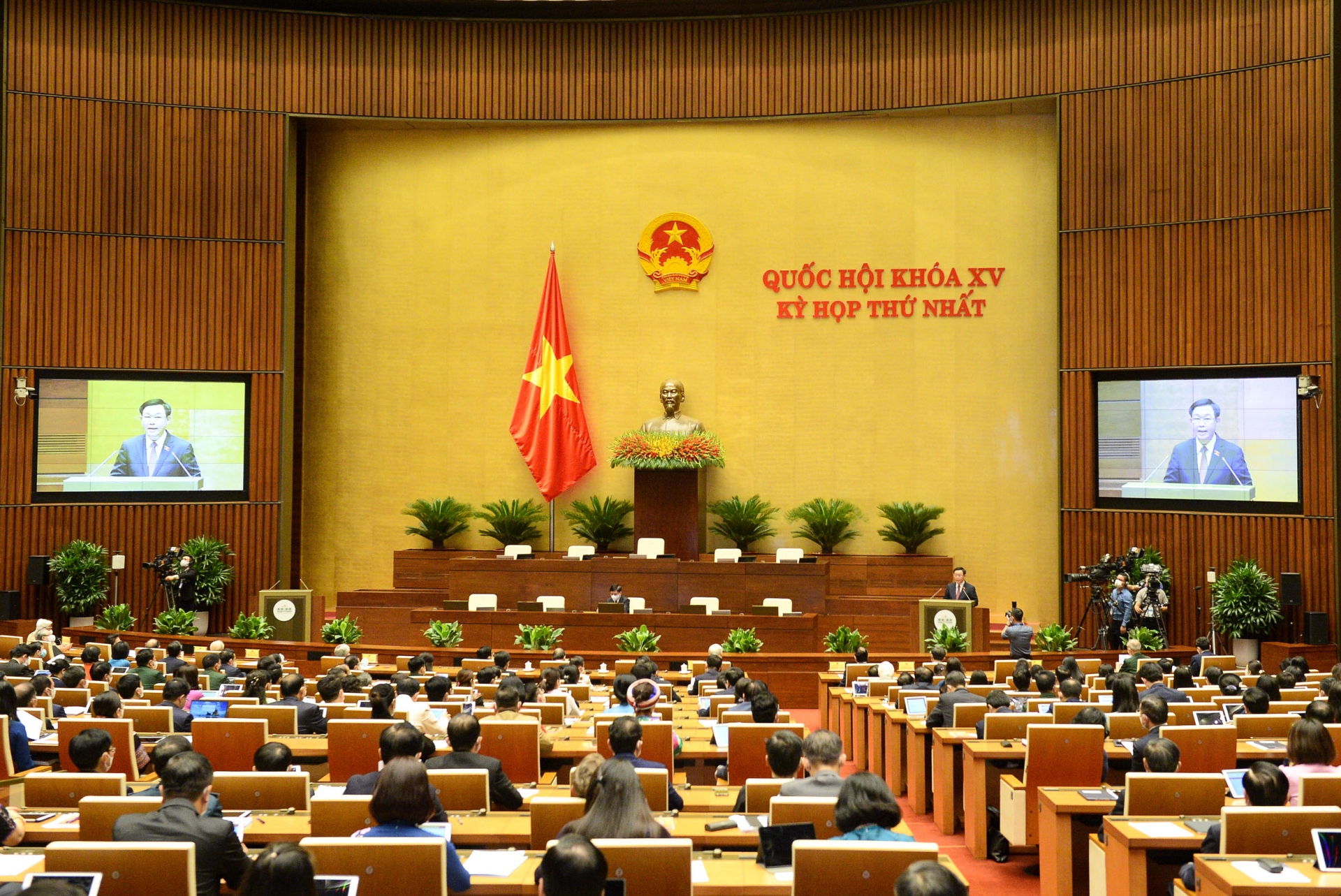
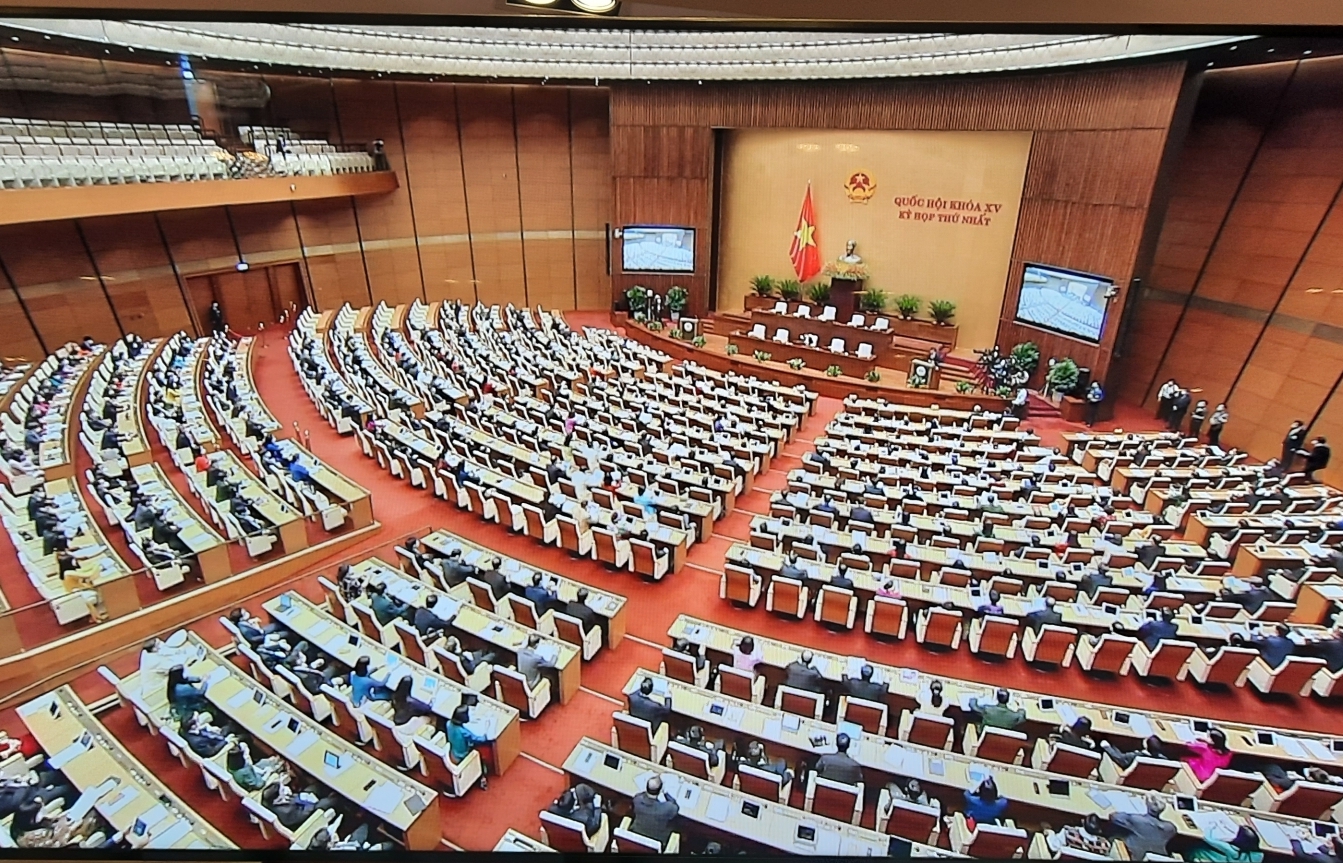
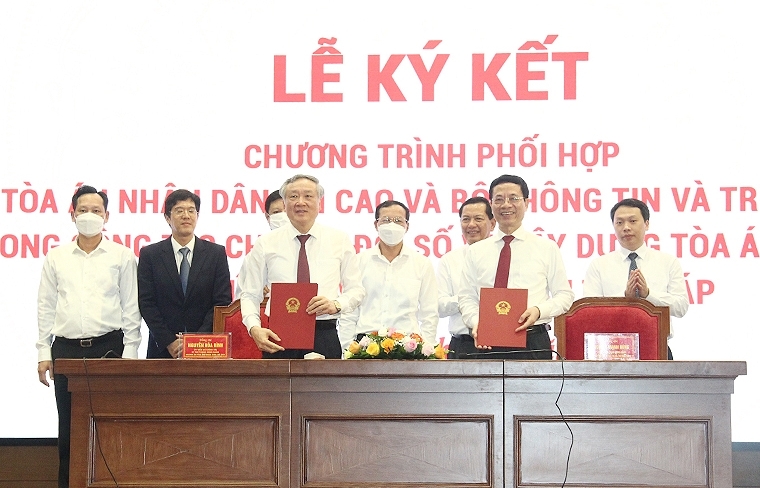
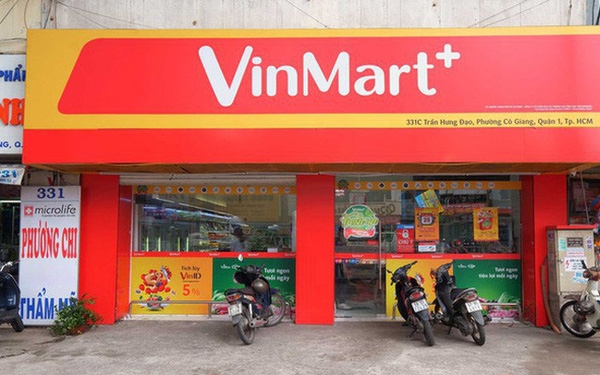
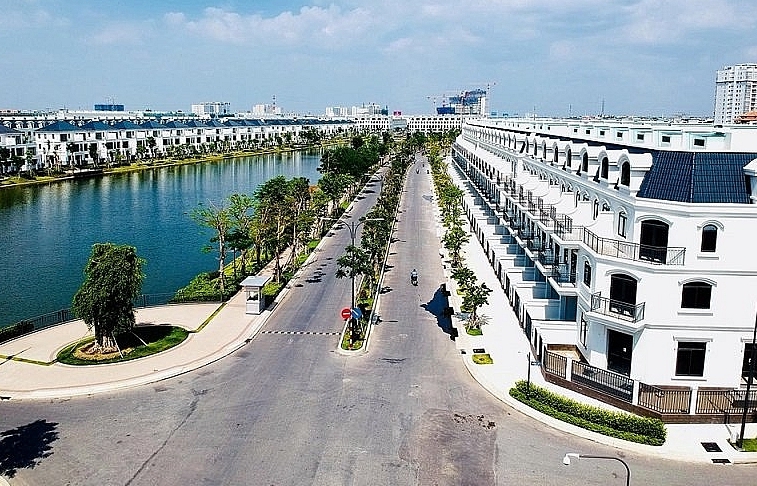
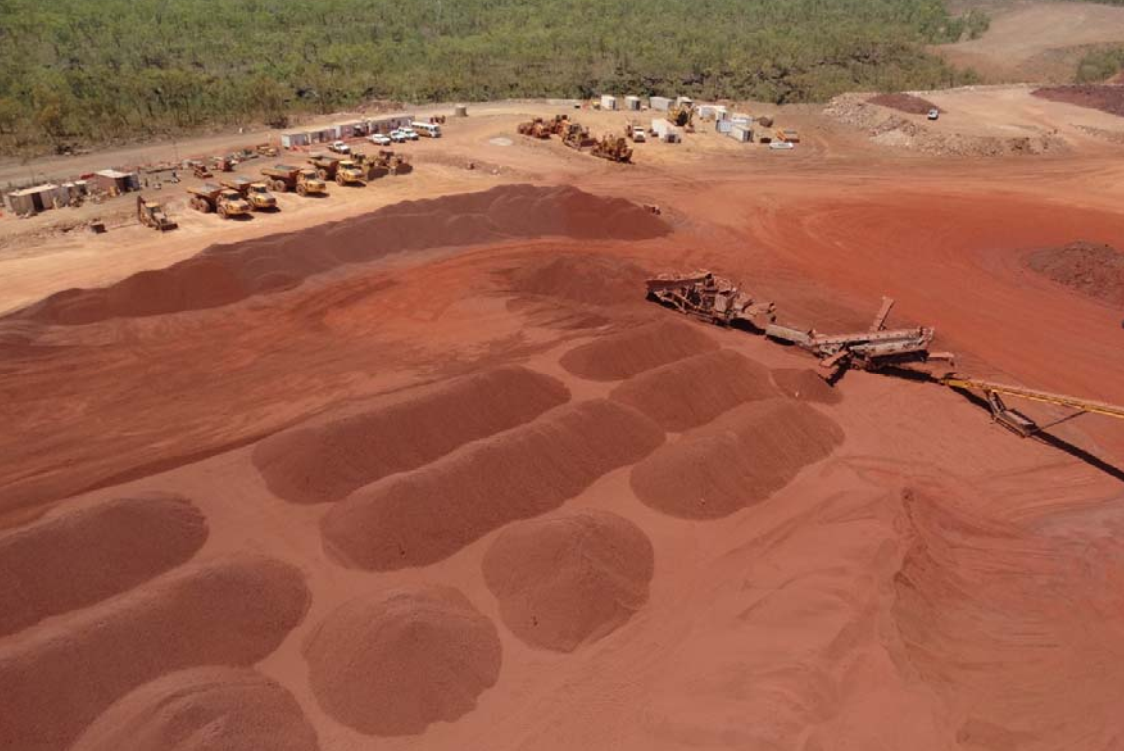
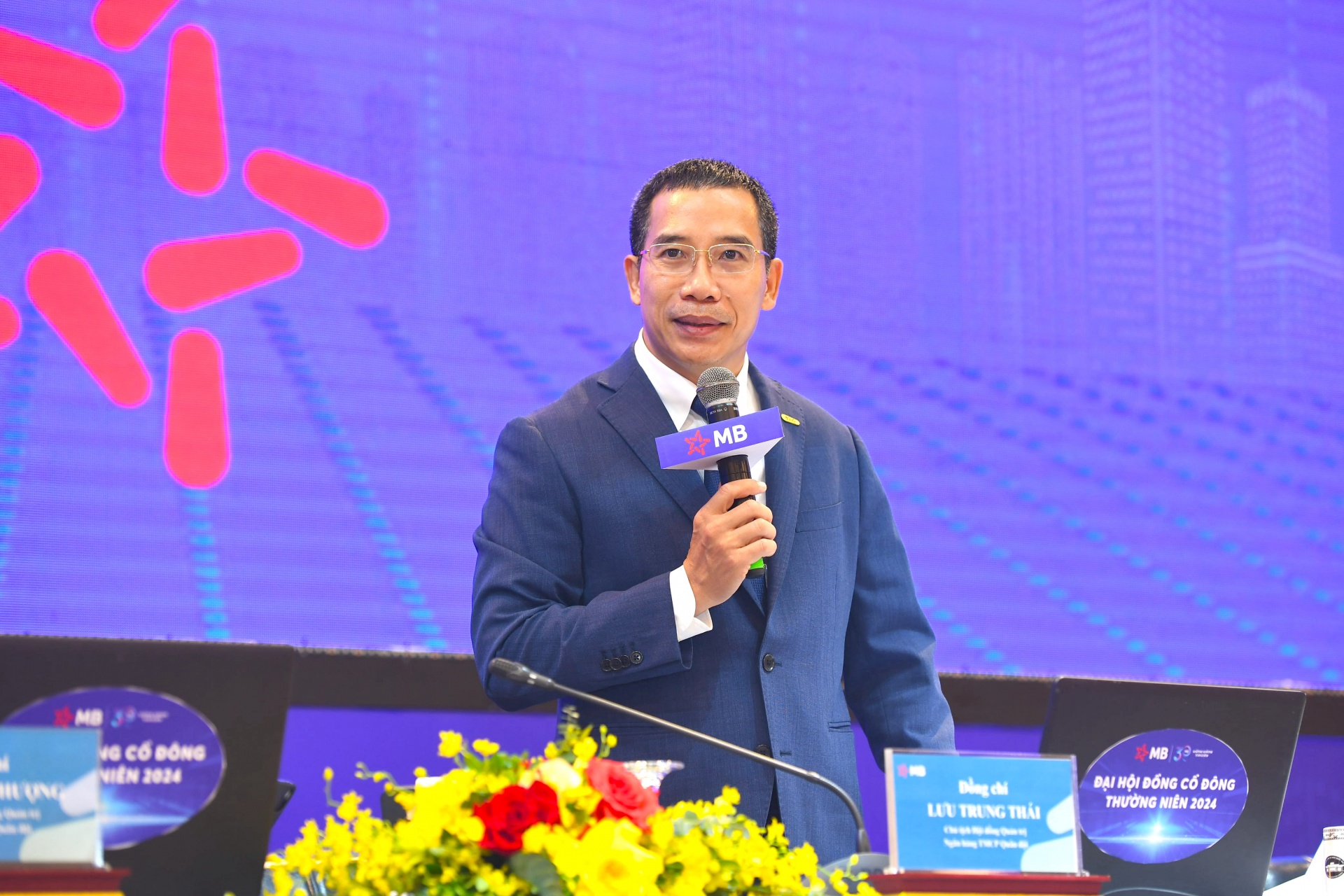




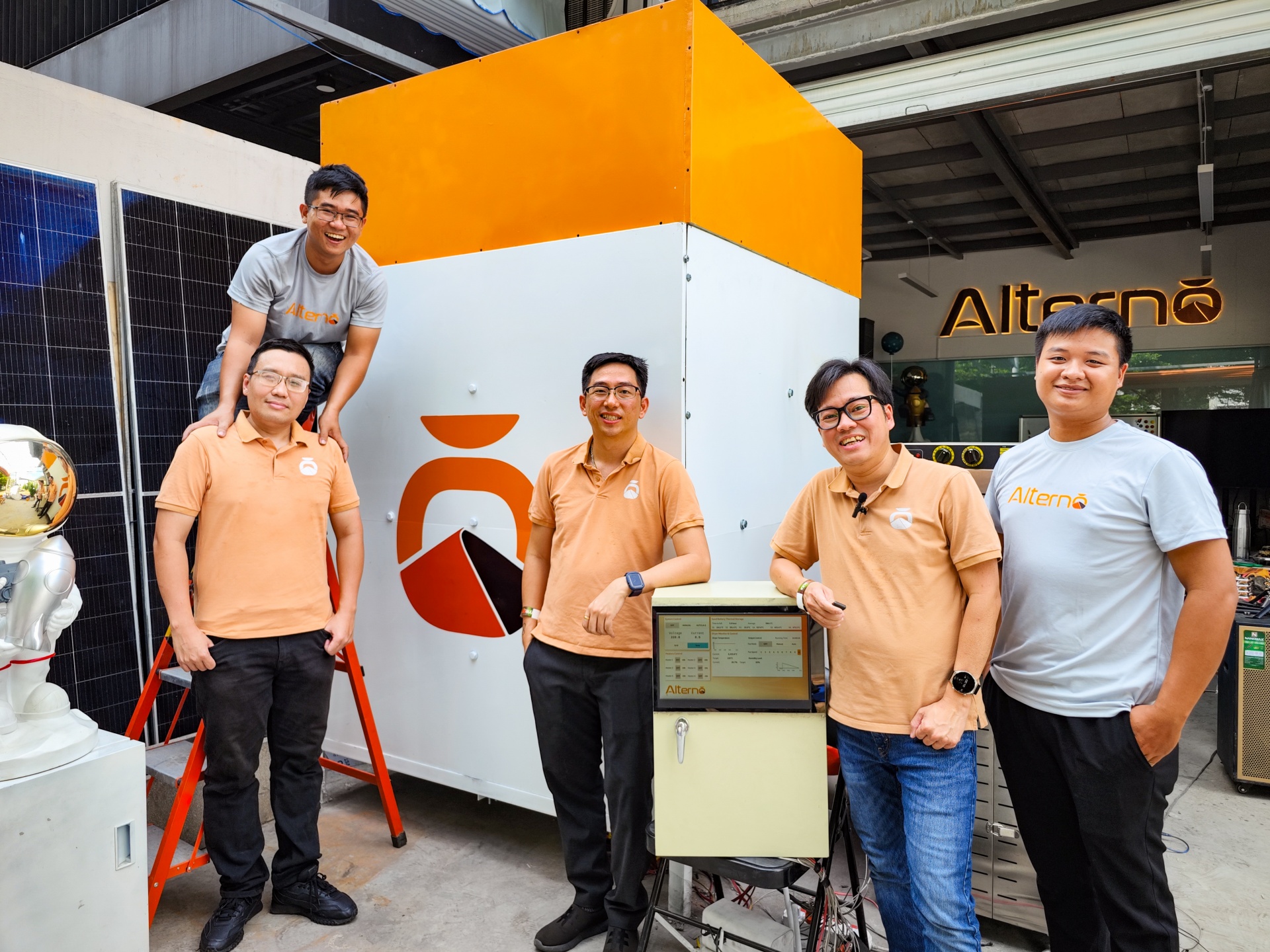


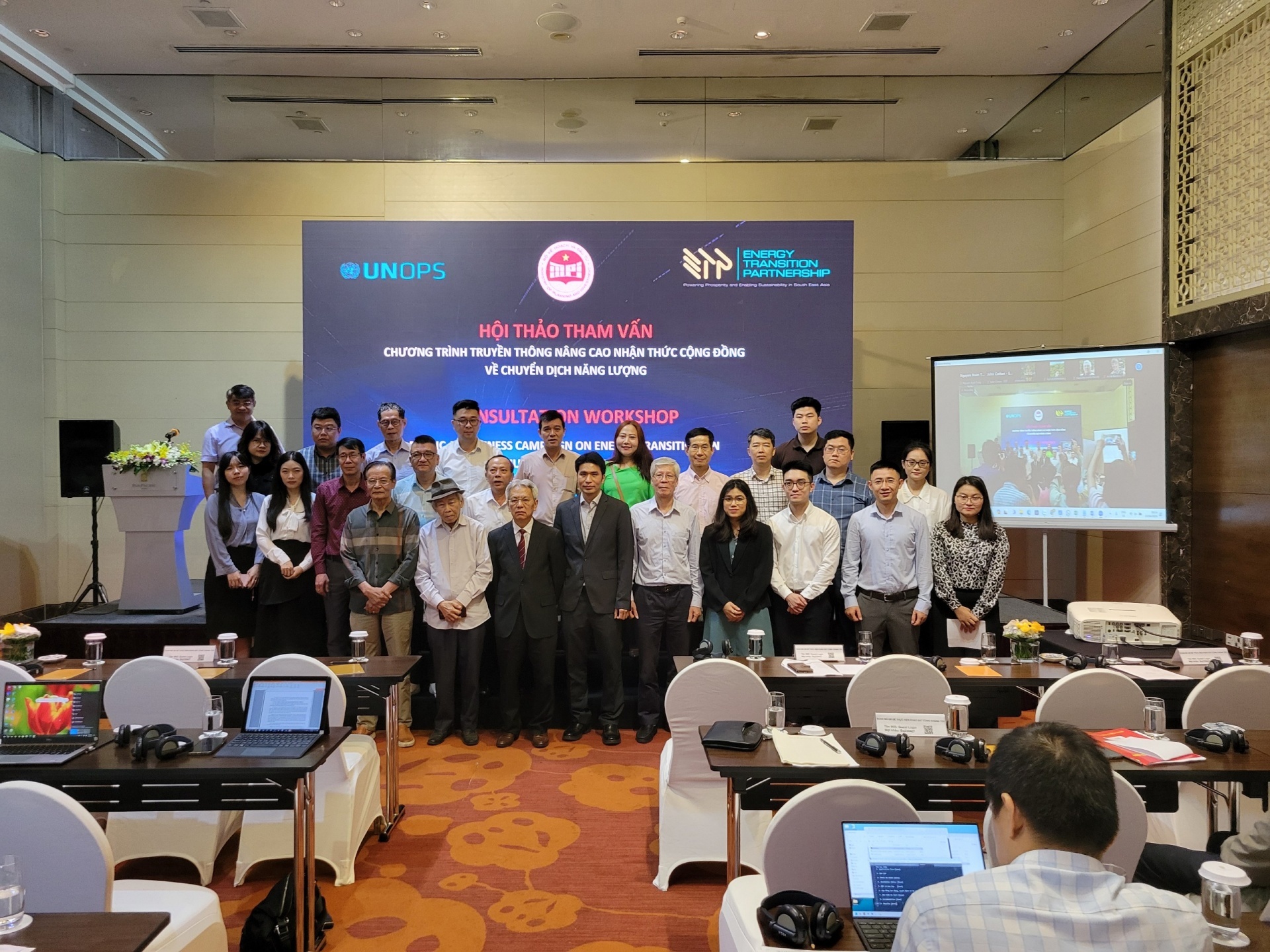
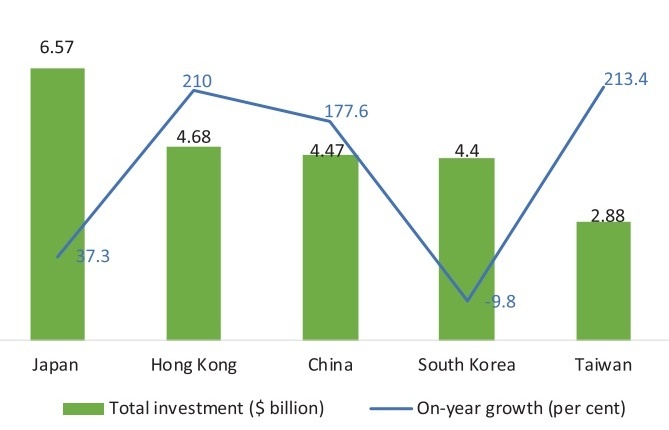





 Mobile Version
Mobile Version